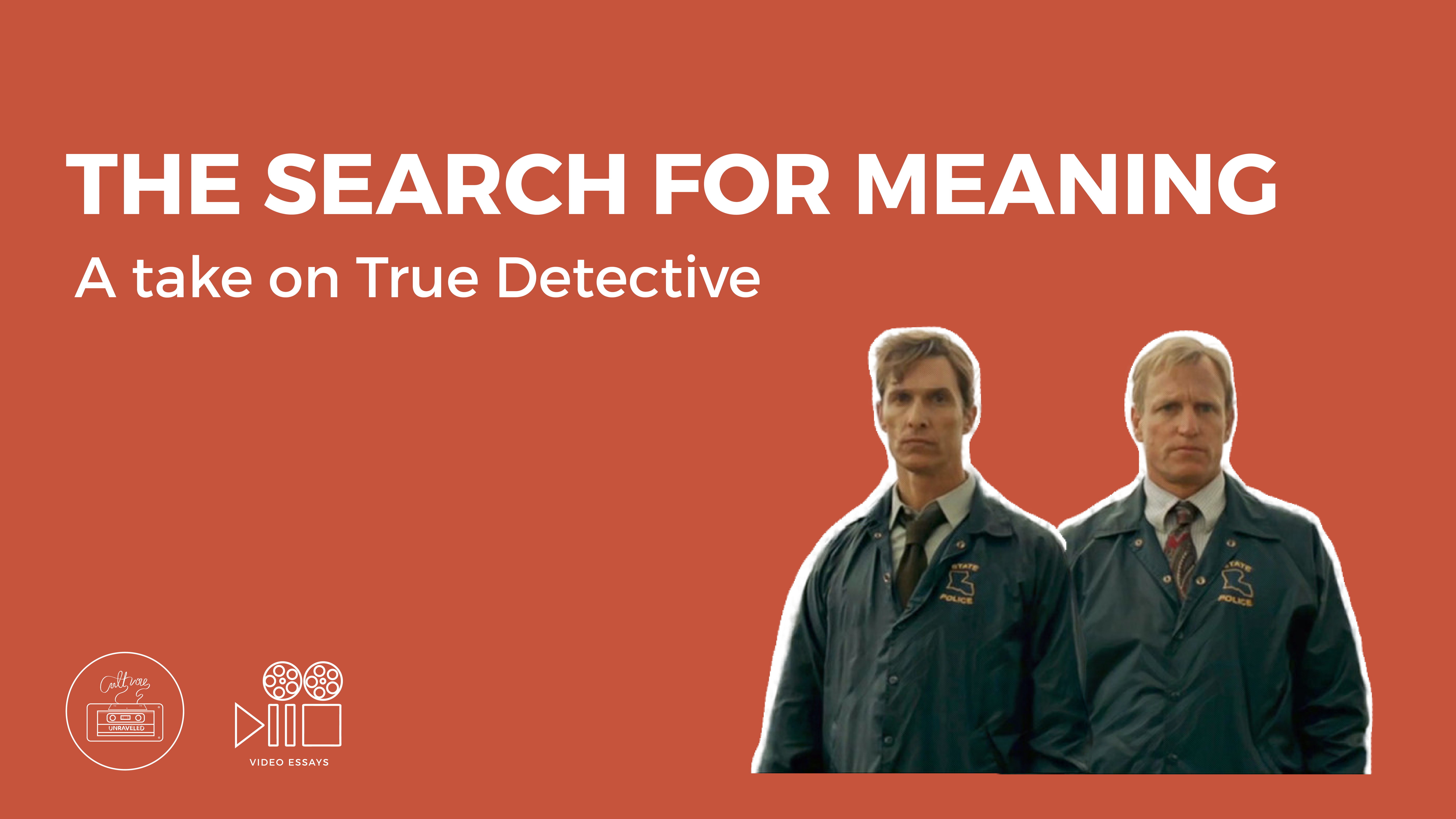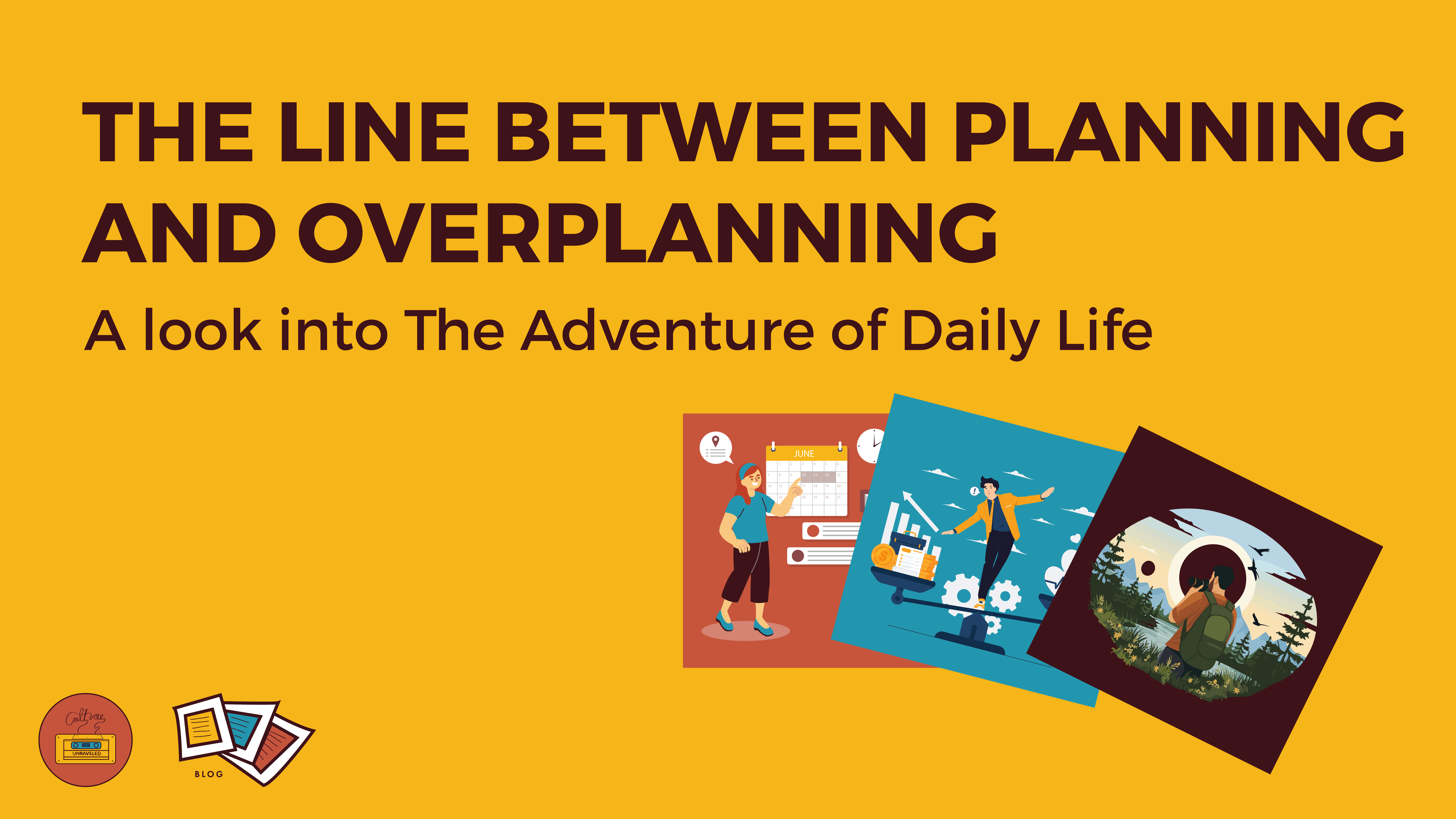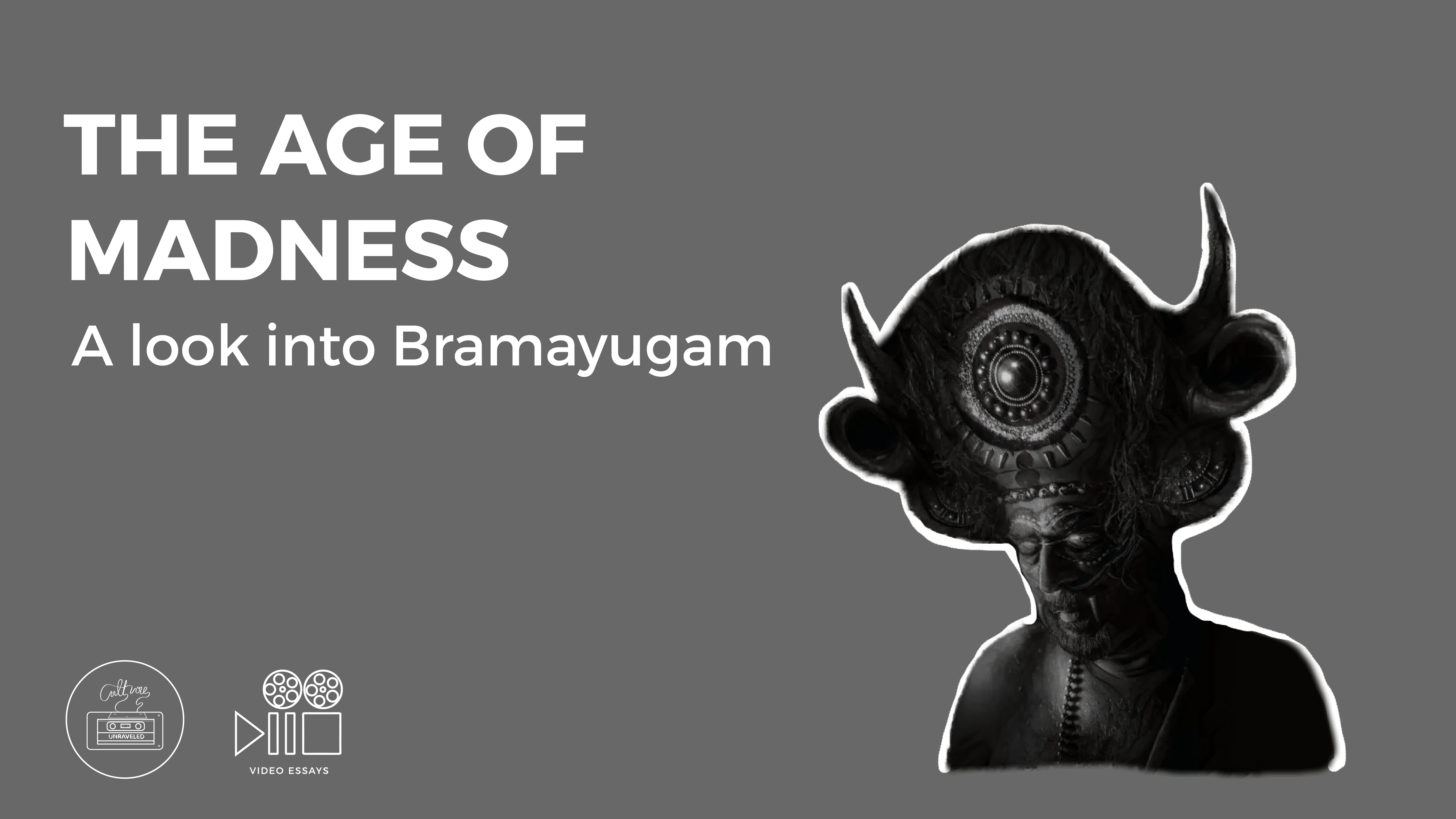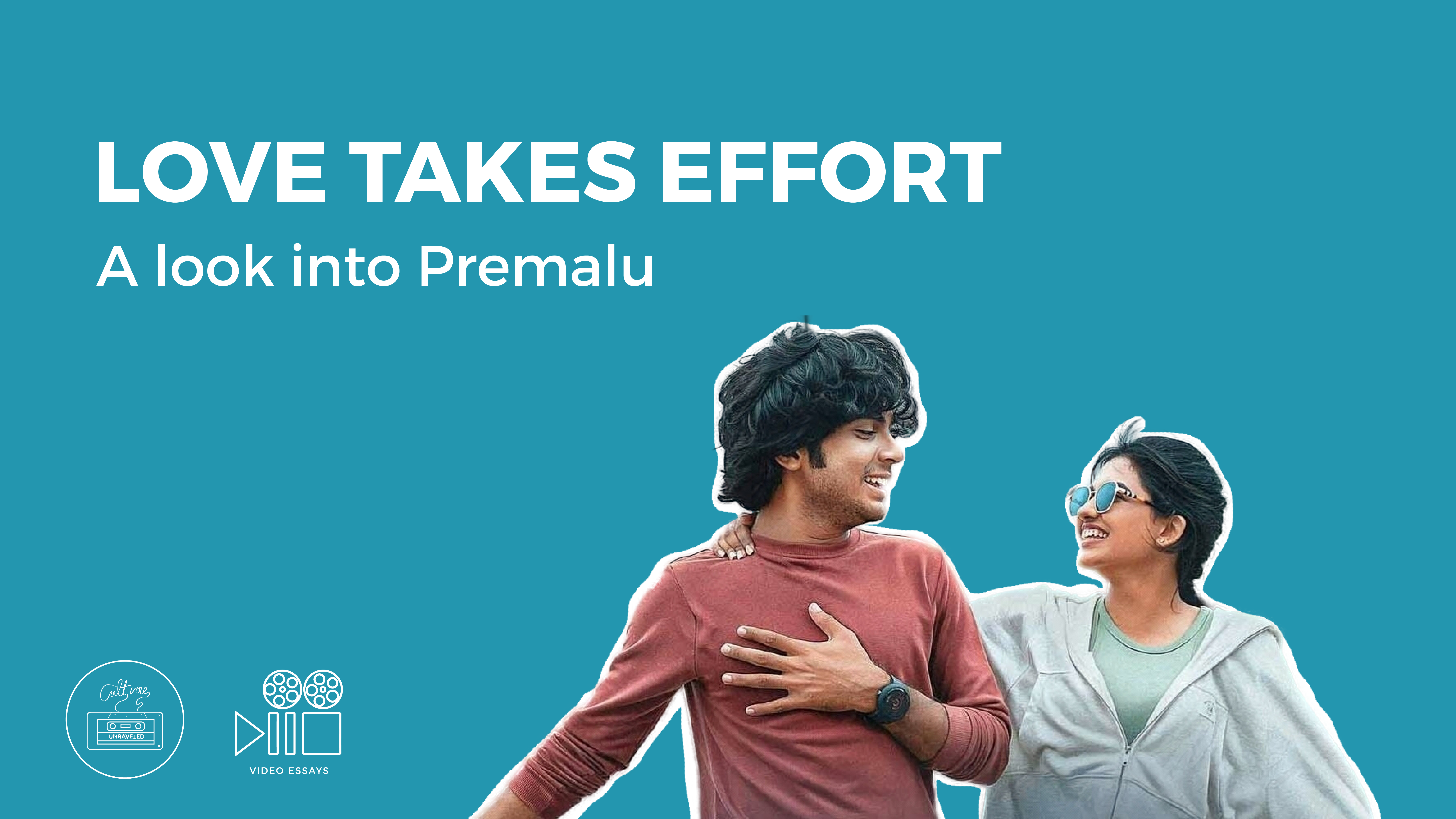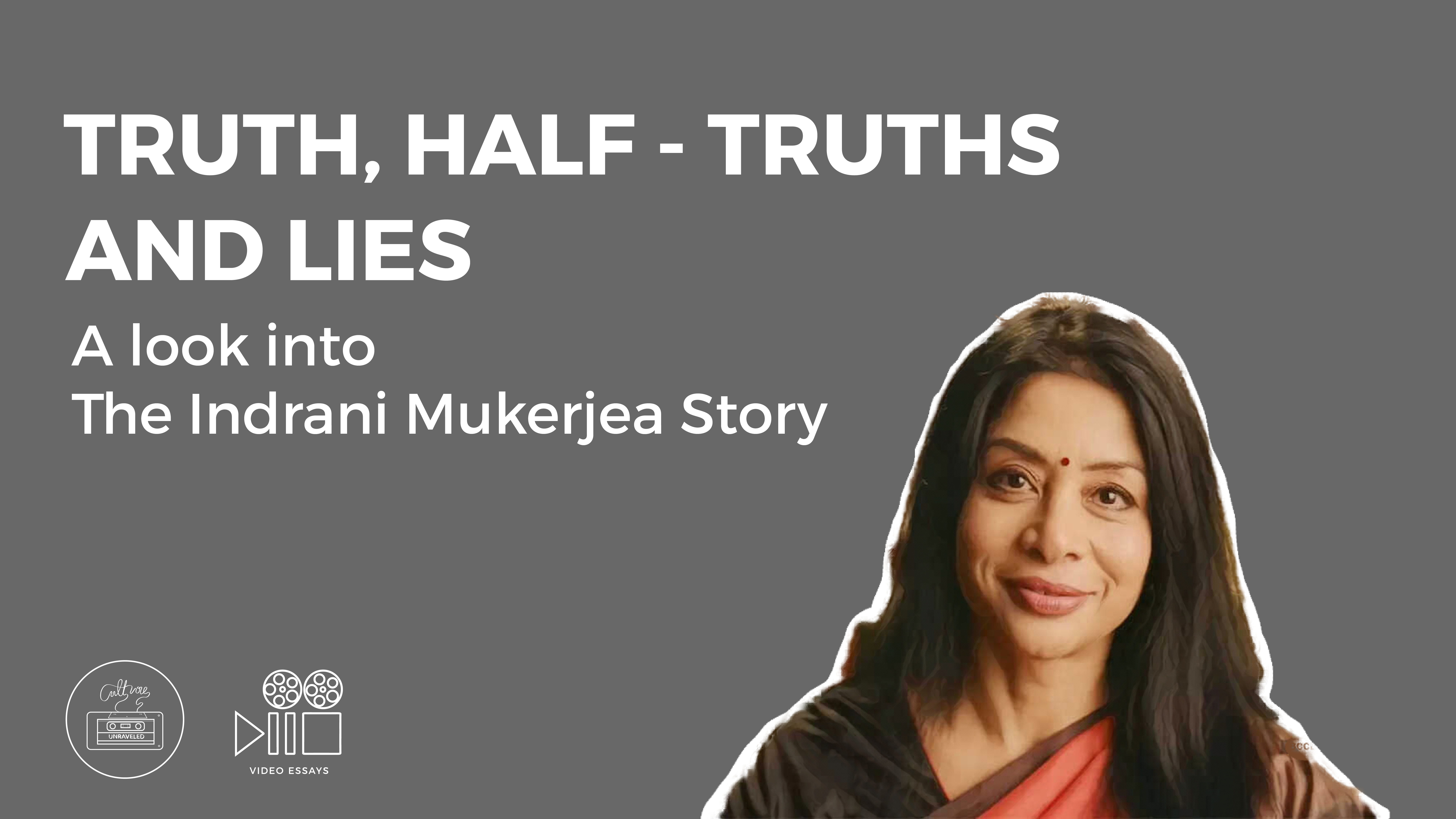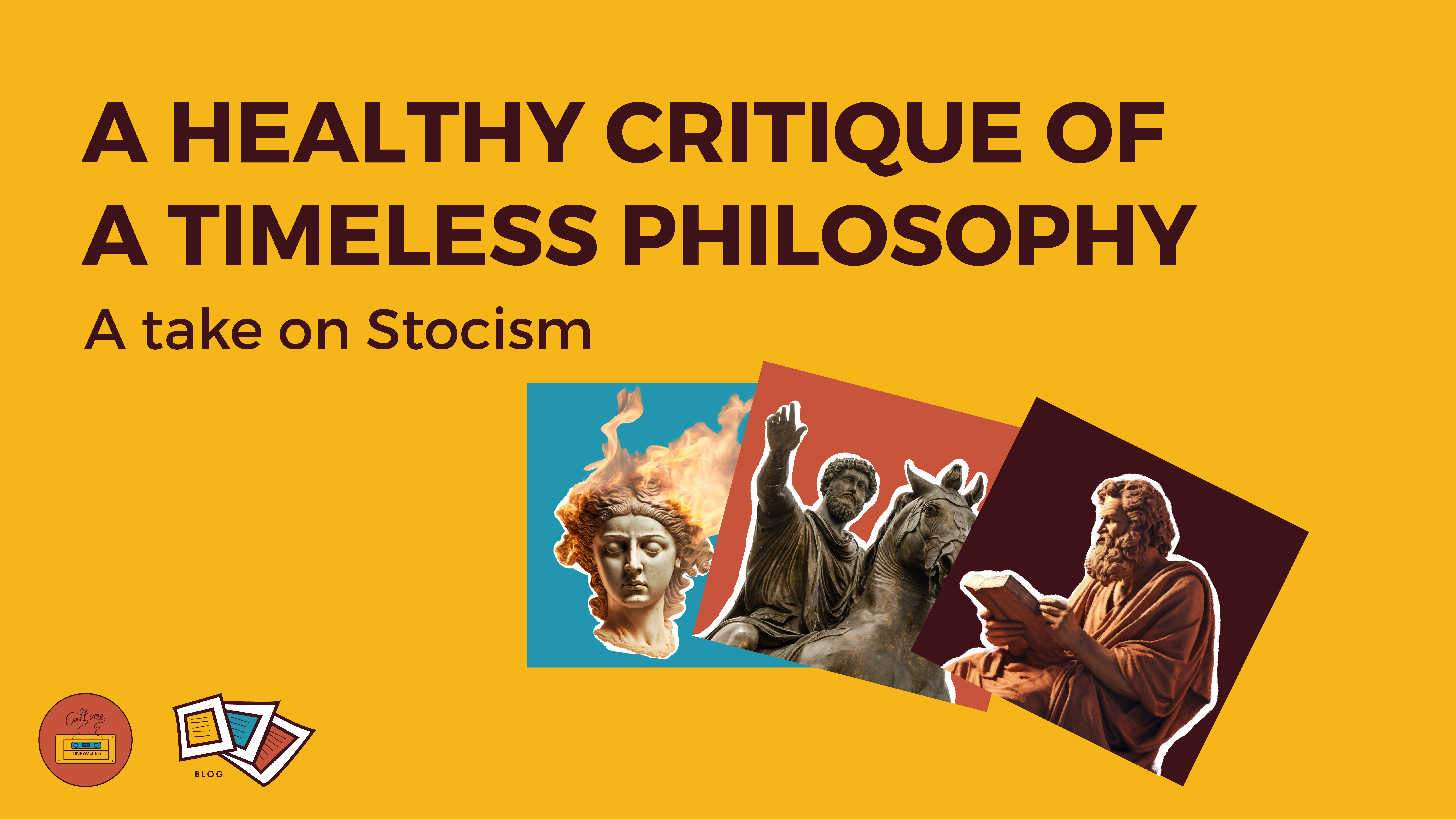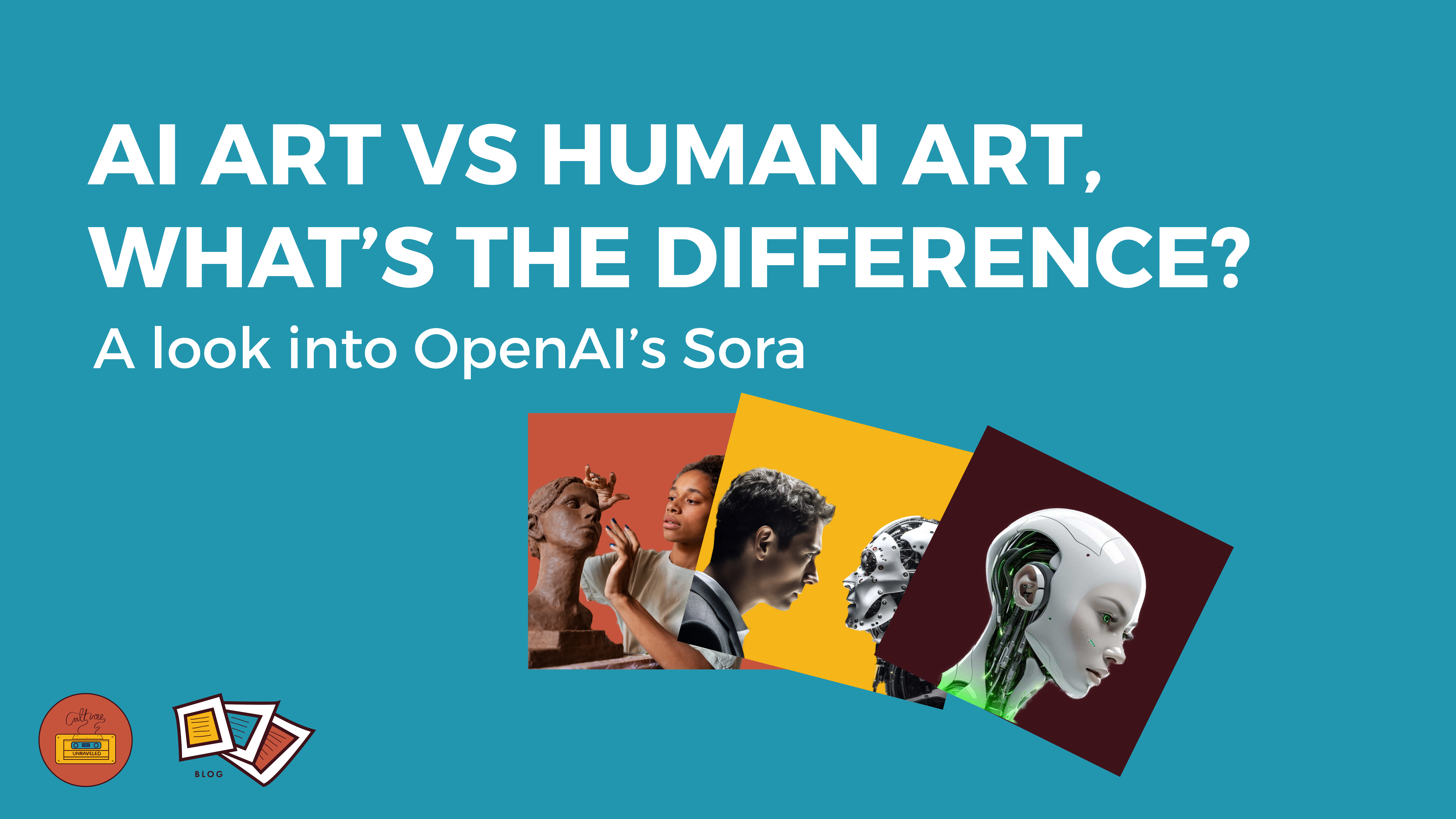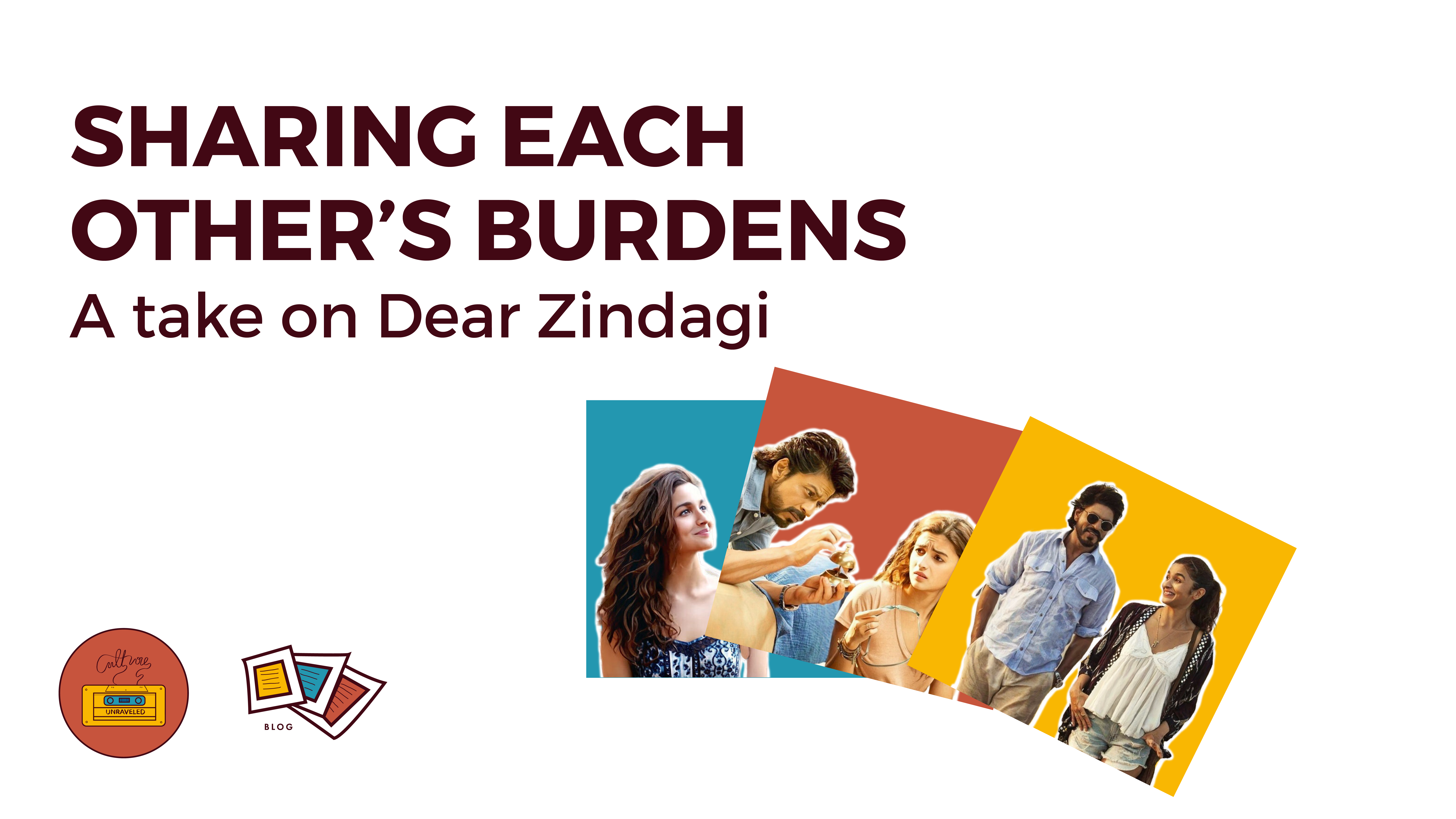
Dear Zindagi is the story of a girl named Kaira, a cinematographer based in Mumbai and Goa. She dreams of shooting her own short films. However, her dream is left hanging in the air when she goes through a heartbreak. During her period of despair, she goes to Goa to stay with her parents, whom she has issues with since childhood. While in Goa, she goes and visits a psychologist, Dr. Jehangir Khan, to seek help for her insomnia. Dr. Jehangir listens to her story patiently and guides her to discover her core issue and eventually to understand herself.
Kaira was abandoned by her parents for a few years in her childhood. Since then, she has been living with the fear of abandonment. This fear is affecting other areas of her life, especially her romantic life. Dr. Jehangir manages to uncover this harsh truth and ultimately helps her reconcile with her parents. Kaira is now set free of her fears, blissfully lives with her parents and younger brother and, finally finishes her short film.
Dr. Jehangir Khan is a warm, composed and empathetic character. He looks into Kaira’s eyes and listens to every word that she speaks. He does not judge her behaviour nor choices in life. Instead, he tries to understand her situation and emotions and, responds to her compassionately. And, though his method is friendly and unconventional, yet he maintains his professional ethics.
Every individual goes through family, childhood, career or relationship issues in life. These issues tend to take hold of us psychologically, emotionally and socially. However, each person deals with these problems differently and comparatively some are more distressed by them. But, whatever be the circumstance, we are not capable of dealing with it on our own. We need another person to help us and build us up. The person may be a counsellor, a teacher, a friend, a sibling, a parent or a spouse who would help elevate our view or perspective of the situation. Our predicament can cloud our judgement, reasoning and understanding of the circumstances in life. It is only in pouring out our burdens and concerns to another person, we are able to unearth certain truths and discover our own selves.
On the other hand, each of us is privileged to help another person in their plight. To do so, listening is the skill that needs to be developed. Sometimes, all a person needs is to be listened to. However, most often, we tend to quickly launch on our responses without hearing out what and what not a person says. Furthermore, though we are susceptible to preconceived judgements and prejudices, we will do well to brush them aside and try to move into the world of the other. This will definitely require patience and genuine love and care.
The Bible contains a number of verses that urge people to build each other up and encourage one another. The letters to the Hebrews 10:24-25 says, “And let us consider how to stir up one another to love and good works, not neglecting to meet together, as is the habit of some, but encouraging one another, and all the more as you see the Day drawing near.” The Apostle Paul’s letter to the Thessalonians also contains such persuasion. 1 Thessalonians 5:28 reads, “Therefore encourage one another and build one another up, just as you are doing.” We will function well as individuals and communities if we truly listen to each other, understand and lift one another up.
The movie, Dear Zindagi, reminds us that there are factors that are responsible for our behaviours and choices. Sometimes, a change in the thought pattern is called for. However, as the movie portrays, it requires another person to unveil that which is hidden.
Author:
Phida Warjri
Life Focus Society
Culture Unraveled is an initiative of Life Focus Society

